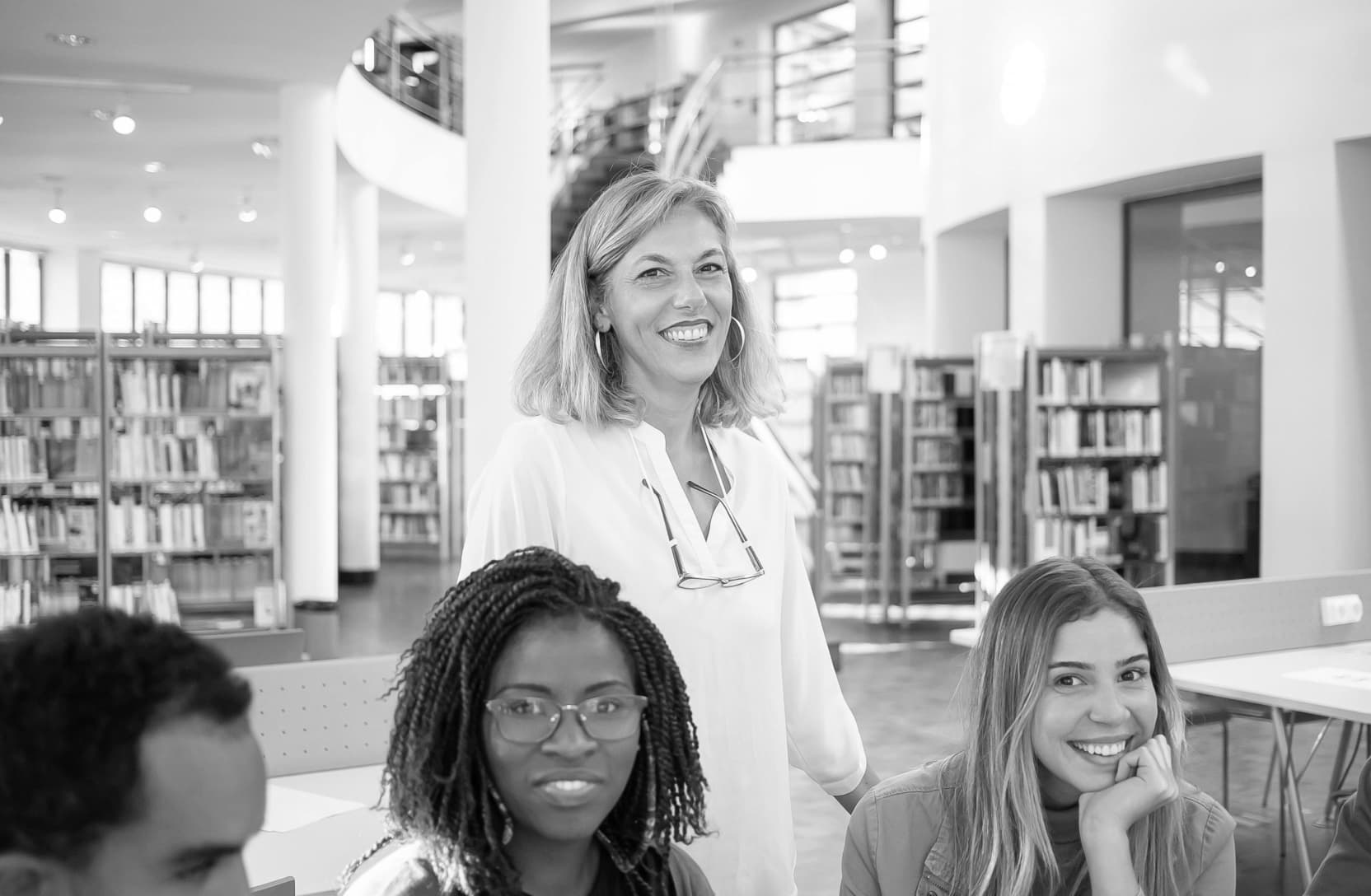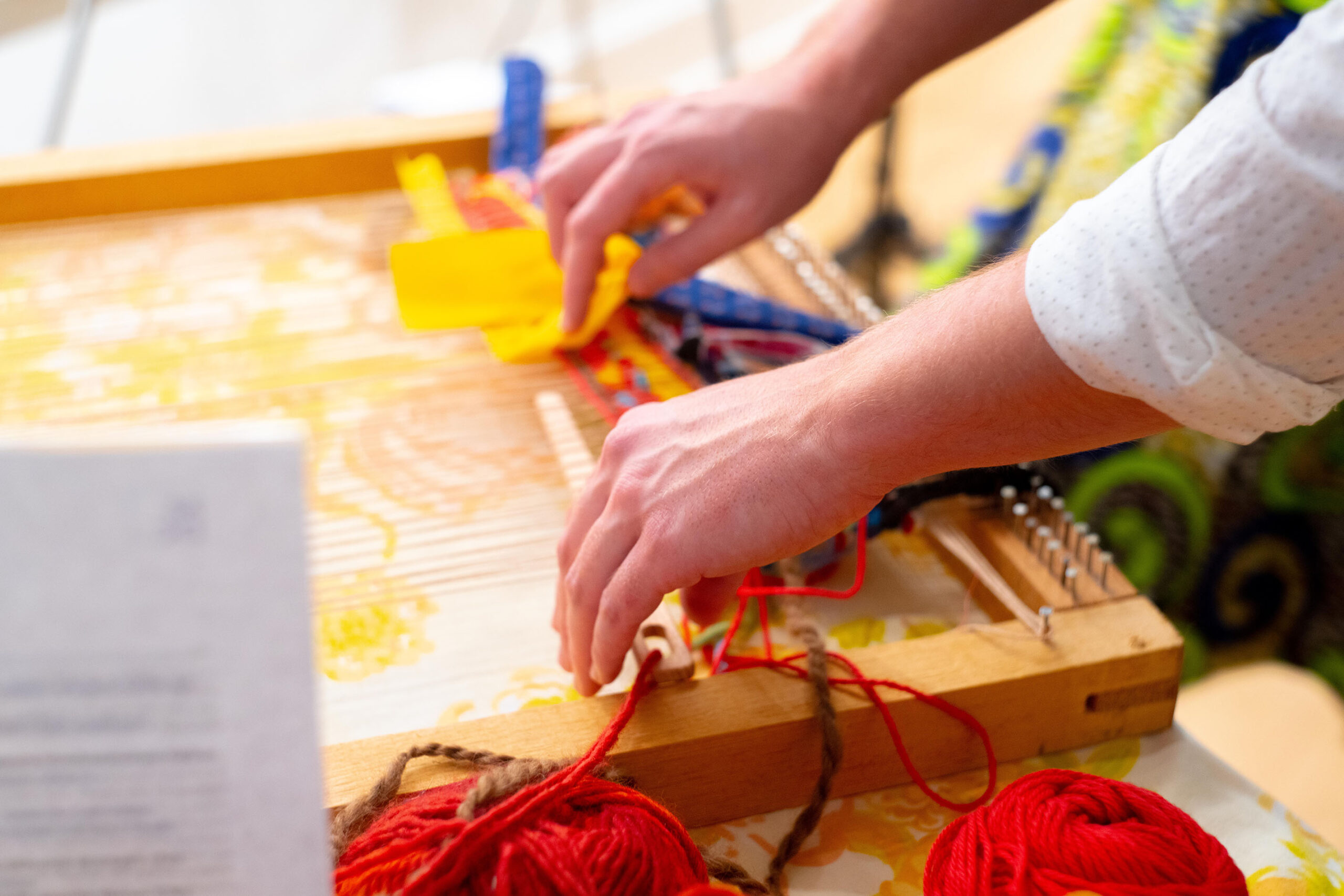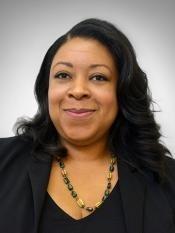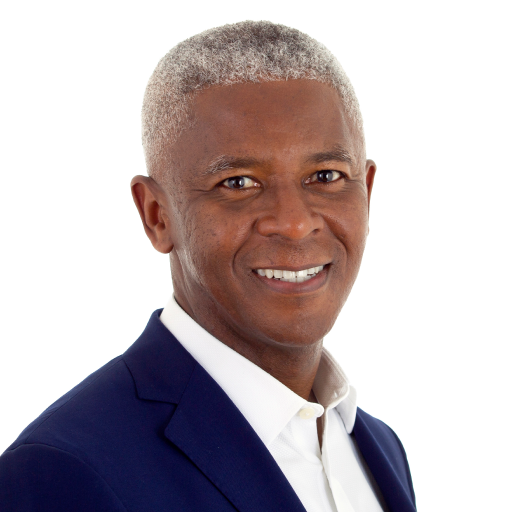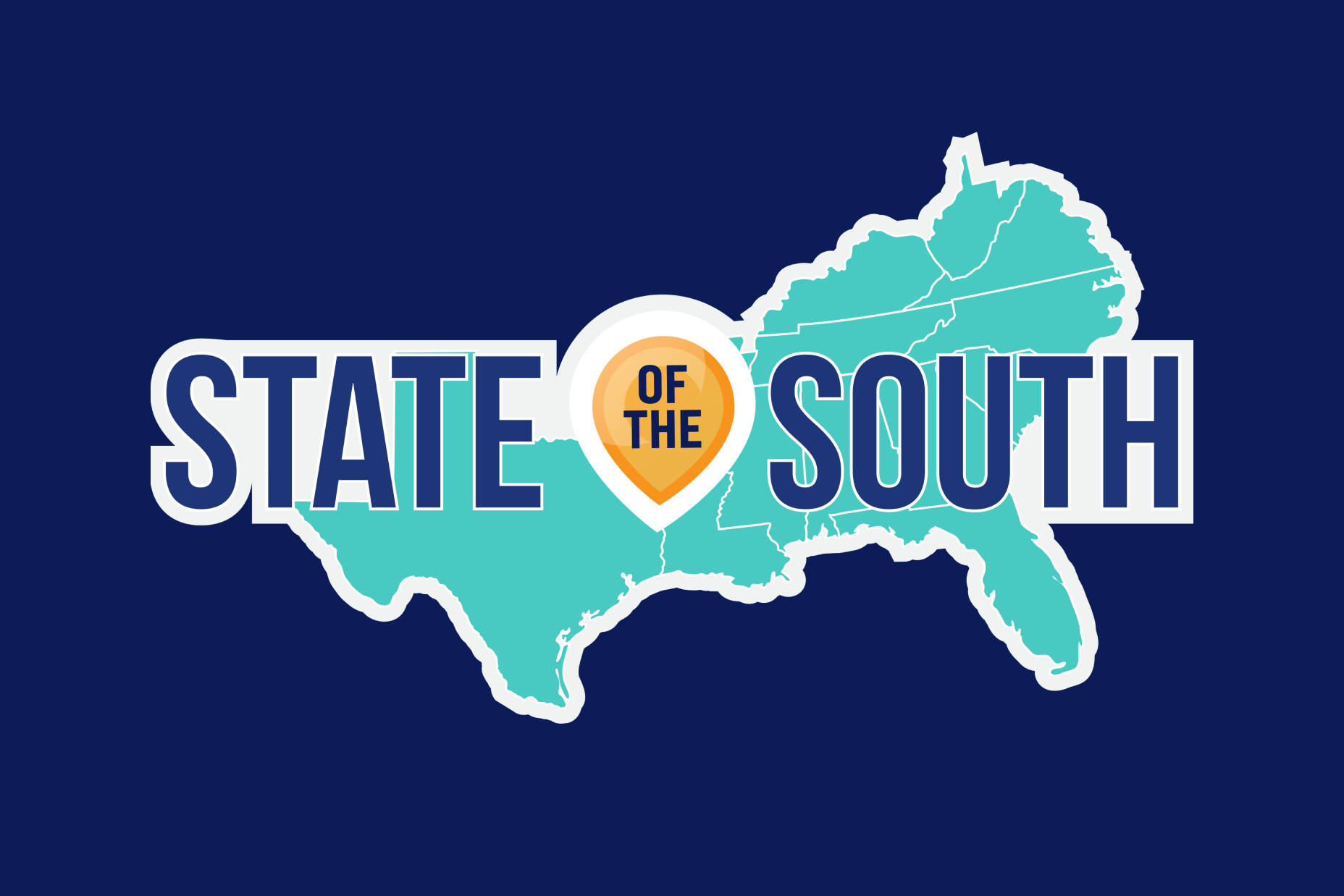Building Equitable Communities in Georgia: Reflections from MDC’s State of the South Atlanta
Nov 19, 2024
The future of Georgia’s children lies in the hands of our early care and education workforce. This critical sector faces unique challenges and opportunities that demand our collective attention, particularly when it comes to serving Black and Latino communities that have been historically and systematically marginalized. From recruitment and retention to professional development and compensation, the need to strengthen and expand this workforce has never been more urgent. Quality early care and education not only shapes our children’s future but also enables parents to participate fully in the workforce, driving economic growth and community prosperity – opportunities that have too often been denied to communities of color.
A Fresh Approach to Community Engagement and Equity
MDC’s recent State of the South: Atlanta event brought together diverse stakeholders from across various sectors – education, business, policy, community development, and more – with a deliberate focus on addressing the persistent inequities facing Black and Latino populations. From the moment participants arrived, it was clear this wouldn’t be just another conference. The organizers made inspired choices in venue selection, creating an environment that fostered learning and creativity while celebrating cultural diversity and inclusion. The chosen spaces were more than mere meeting rooms – they were incubators for fresh ideas and meaningful connections centered on marginalized communities’ experiences and needs.
What truly set this event apart was its innovative integration of the arts into the professional development framework. Drawing from rich cultural traditions and diverse artistic expressions, this infusion was more than just decorative – it was transformative. The arts-based approaches offered new ways to think about addressing systemic inequities, bringing a much-needed breath of fresh air to discussions about community and workforce development.
Building a Stronger Early Education Workforce
When we examine the specific challenges facing Georgia’s early care and education workforce, several vital areas emerge, particularly in communities of color:
- Recruitment and retention of qualified educators who reflect the communities they serve
- Culturally responsive professional development pathways and career advancement
- Equitable compensation and comprehensive benefits
- Supportive work environments that value diverse perspectives and leadership development
- Cross-sector collaboration and community support that addresses systemic barriers
These challenges require innovative solutions that draw upon the collective wisdom and resources of our entire community while explicitly addressing the historical inequities that have impacted Black and Latino populations.
The Power of Collective Impact and Representation
One of the event’s greatest strengths was its ability to facilitate meaningful connections across sectors while ensuring that marginalized voices were included and centered in the conversation. The networking opportunities weren’t just casual meet-and-greets but carefully curated chances to build relationships that could lead to real, equitable change. The room was filled with phenomenal individuals representing diverse perspectives – business leaders, educators, healthcare professionals, community organizers, policymakers, and philanthropists – many from Black and Latino communities who brought crucial insights about the challenges and opportunities in their neighborhoods.
These connections highlighted a crucial truth: effective community development requires a holistic approach that explicitly addresses systemic inequities. The phenomenal individuals in attendance demonstrated that when we break down silos, center marginalized voices, and collaborate across boundaries, we can achieve far more than when we work in isolation.
Moving Forward Together with Equity at the Core
As we look to the future, several key takeaways emerged from the event:
- Cross-sector collaboration must prioritize equity and inclusion
- Innovation in professional development should reflect and serve diverse communities
- Arts integration can enhance both learning and cultural connection
- Strong professional networks must intentionally center marginalized voices
The MDC State of the South event wasn’t just a gathering – it was a catalyst for equitable change. It demonstrated that we can build more robust support systems for all our citizens by approaching community development with creativity, collaboration, and an unwavering commitment to addressing systemic inequities.
As we left the event, we felt energized and hopeful. The conversations, connections, and creative approaches we witnessed reminded us that while the challenges facing our communities—particularly Black and Latino populations—are significant, they’re not insurmountable. The room’s diversity of voices and perspectives enriched our discussions and expanded our understanding of what’s possible when we work together with intention and purpose.
The journey to strengthen Georgia’s communities continues, but events like this show us that we’re moving in the right direction – together, with creativity and an unwavering commitment to equity. The early care and education workforce represents just one piece of this complex puzzle, but it’s a critical one that touches every aspect of our community’s well-being. By bringing together diverse stakeholders, centering marginalized voices, and fostering innovative collaboration, we can create lasting positive change for all Georgians, particularly those historically excluded from opportunities for advancement and prosperity.


